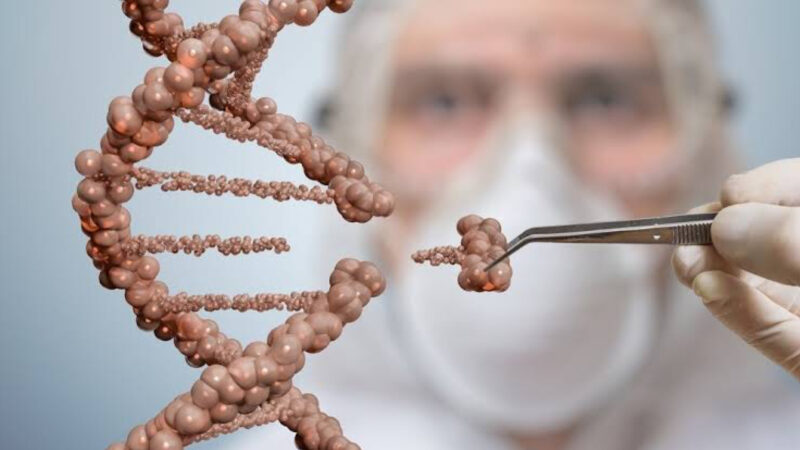NHS Takes a Bold Step with New £1.65 Million Sickle Cell Disease Treatment
In an exciting development for many, the National Health Service (NHS) has approved a groundbreaking treatment for sickle cell disease, priced at £1.65 million and boasting a remarkable cure rate of 96.6%. This step is more than just a medical achievement; it’s a lifeline for individuals and families grappling with the pain and challenges of this inherited blood disorder.
The therapy, called exa-cel, aims to help patients who suffer from severe sickle cell disease and are in need of a stem cell transplant but don’t have a matched donor. Each year, around 50 patients, including older children and adults, could find hope and healing through this cutting-edge treatment in England.
Understanding the Impact on Lives
Currently, there are approximately 17,000 people living with sickle cell disease in England, with about 4,000 believed to be eligible for this new therapy. The clinical trials for exa-cel have been promising, showing that it can prevent painful crises that often require hospitalization. Participants in the trials reported feeling a “functional cure” in 96.6% of cases, a statistic that speaks volumes about the potential for a better quality of life.
A Journey of Approval
This approval didn’t come without hurdles. Earlier this year, the National Institute for Health and Care Excellence (NICE) initially turned down the treatment due to insufficient evidence. However, the recent green light represents a momentous breakthrough for those affected by this serious condition.
Prof. Bola Owolabi, Director of the National Healthcare Inequalities Improvement Programme at NHS England, expressed the significance of this moment. “This is a monumental step forward for people living with sickle cell disorder, especially those from Black African and Black Caribbean communities. It offers a very real prospect of a cure,” he shared in an interview with The Guardian. Owolabi emphasized that the NHS remains committed to pioneering treatments that address healthcare inequalities, offering patients facing severe sickle cell disease a glimmer of hope for a brighter future.
A Global Perspective
Sickle cell disease isn’t just a local issue; it’s a pressing global concern, particularly in Nigeria, which has the highest number of people affected—over 4.3 million. Each year, about 150,000 newborns there are diagnosed with this condition, creating immense challenges for the public health system.
The disease causes blood cells to take on a crescent shape, which can block blood flow and lead to agonizing pain, reducing life expectancy by 20 to 30 years. The introduction of gene therapies like exa-cel may hold the key to transforming treatment options for countless individuals and families, particularly in Nigeria where the burden is felt most acutely.
A New Hope
The positive results from exa-cel could inspire a renewed focus on sickle cell treatments worldwide, especially in regions like Nigeria where the need is urgent. The NHS’s recent approval signifies not just a scientific breakthrough but a beacon of hope for those whose lives have been altered by this devastating disease. With exa-cel, patients may finally look toward a future free from the grips of pain and uncertainty, leading to a brighter, more fulfilling life.








![All 20 Abducted medical students regain Their freedom At least 40 dead in Moscow concert hall attack, Ukraine Denies Involvement Rivers Assembly Overrides Fubara, Enacts New Law Breaking: Former Community Youth Leader, Four Others Shut Dead in Egbema, Imo State [VIDEO] Tragic Incident in Enugu: Mother of Three Commits Suicide After Abandoning Children at Police Station BREAKING: Three-storey building collapses as Ebute Metta, Lagos Akwa Ibom pastor Solid Rock Church, Apostle John Okoriko abia uturu student gunmen Asuu suspends strike bonny lga chairman Hon. David Rogers Irimagha Another Kidnapped Victim, Suleiman Sabo rescued by Police In Abuja](https://reportafrique.com/wp-content/uploads/2020/12/report-afrique-breaking-news-260x195.jpg)

Join our Channel...